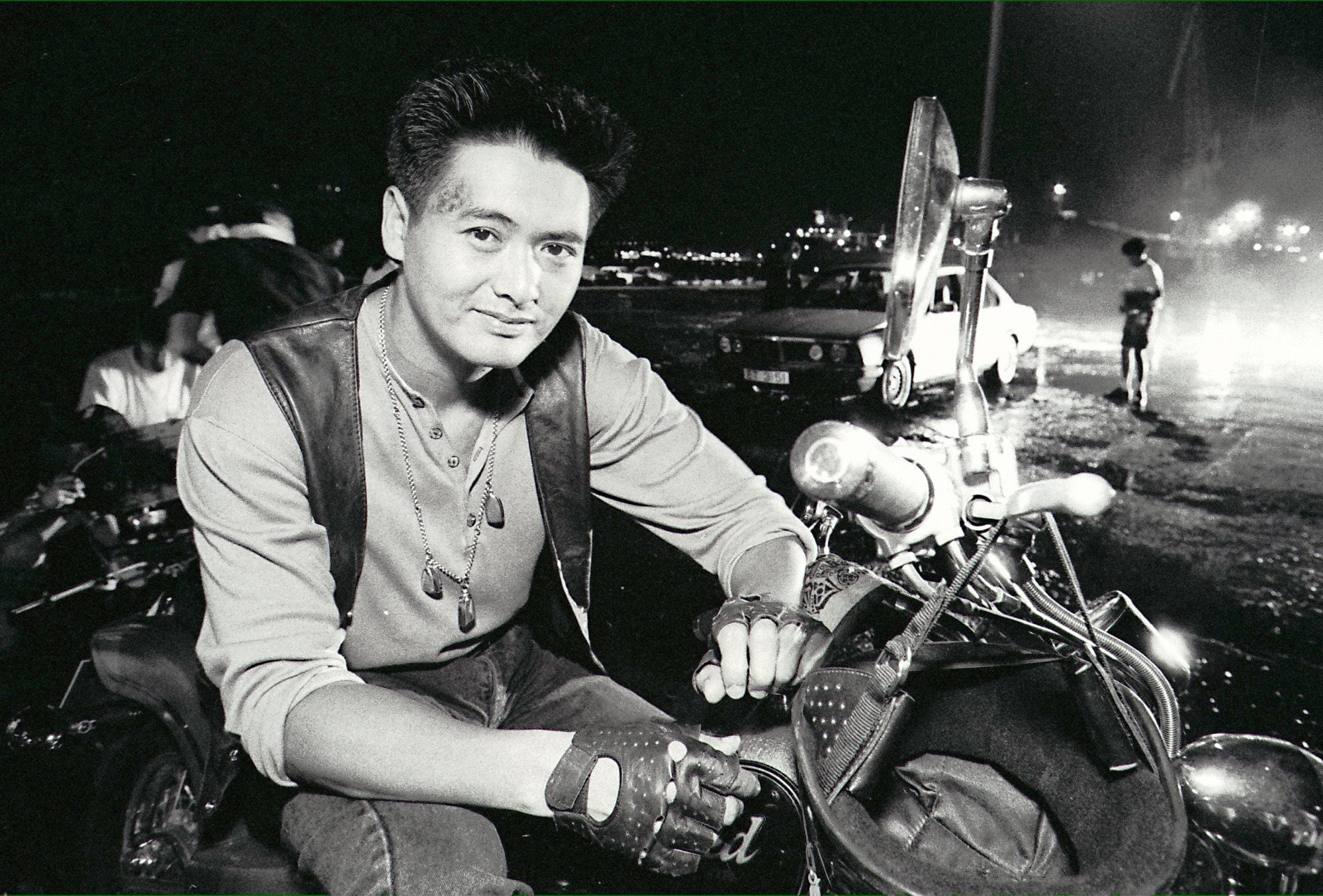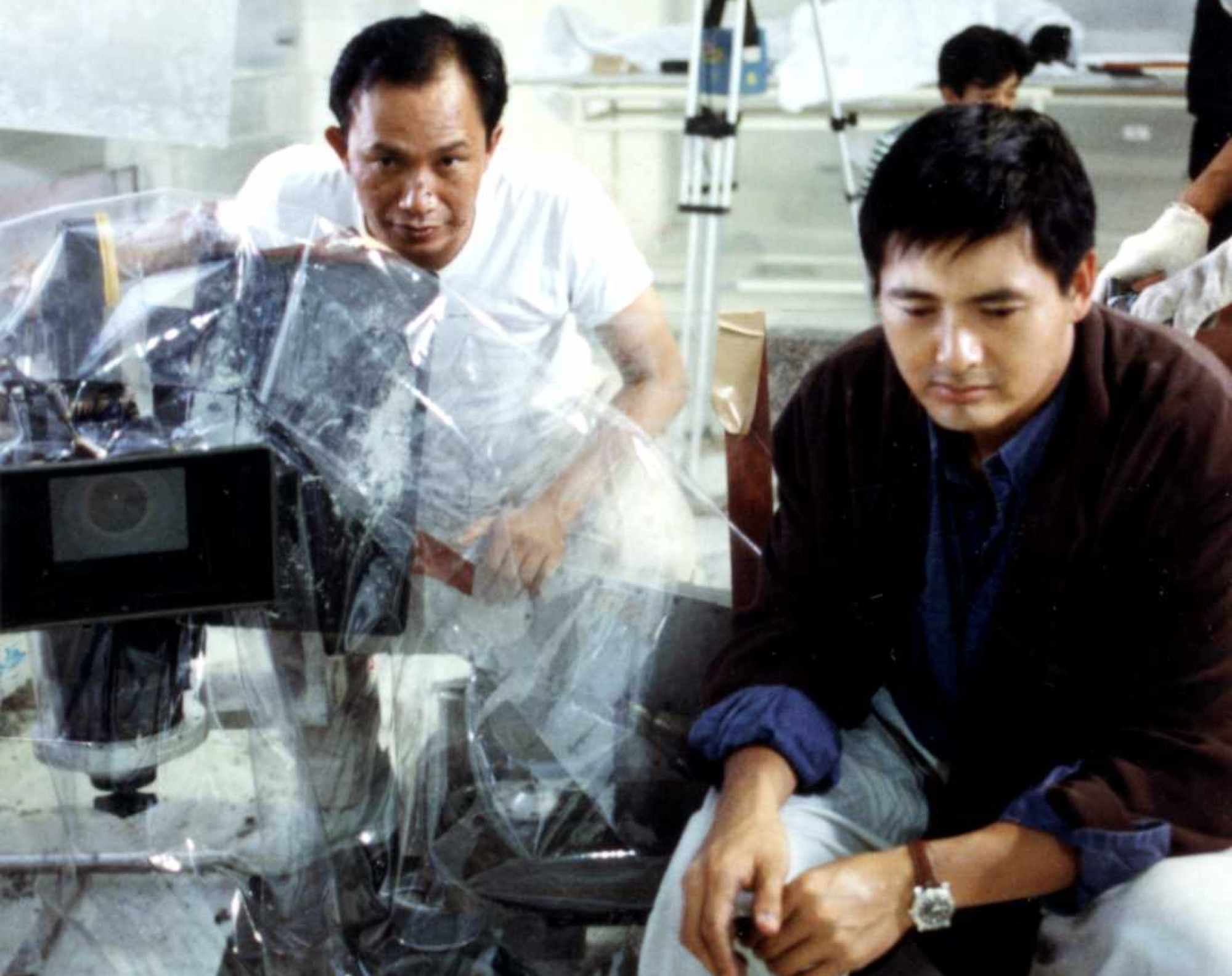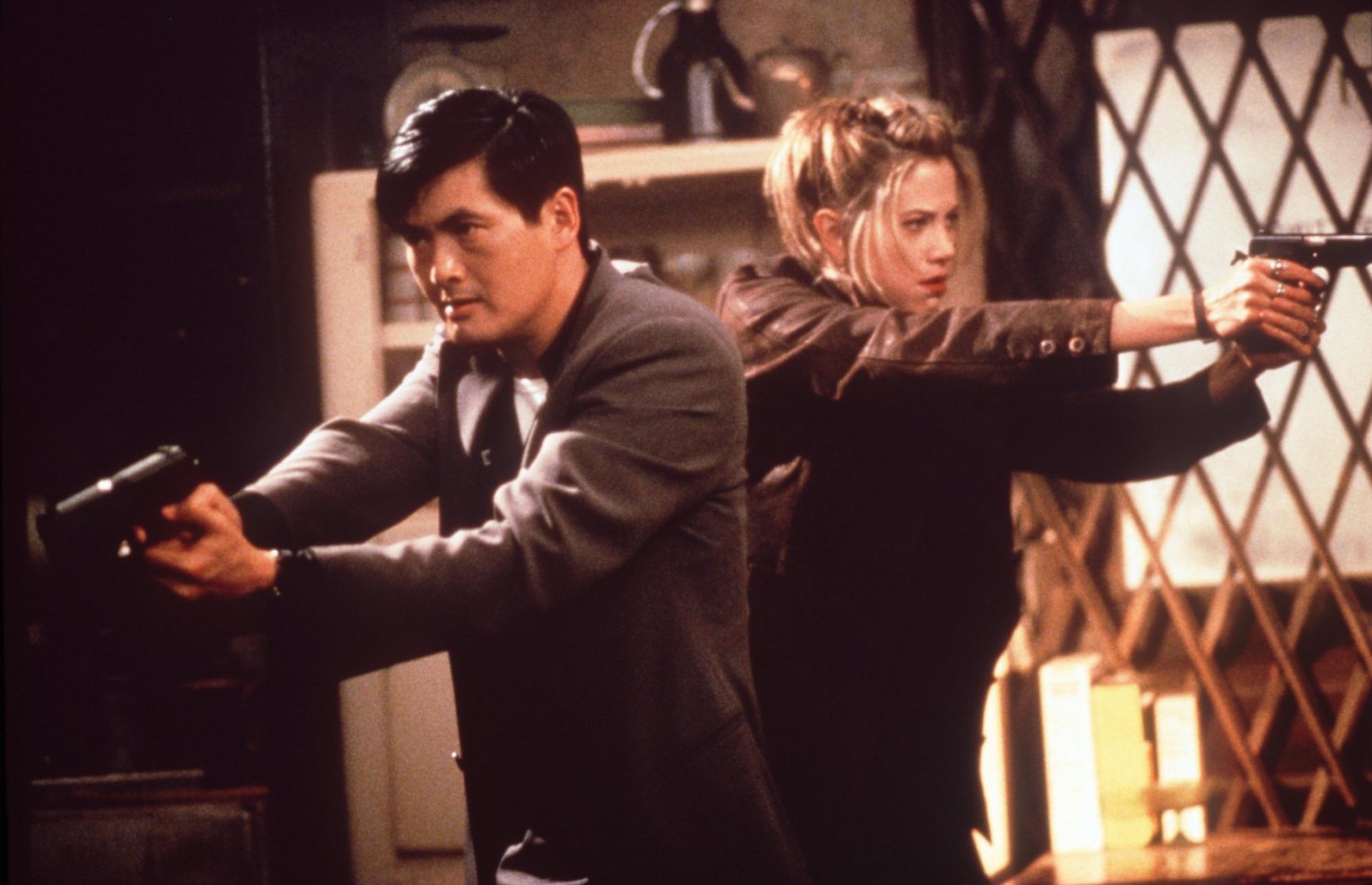
‘Finally, I don’t need a gun to make a living’: Chow Yun-fat in America, and why The Killer star’s Hollywood hopes were dashed
- American producers woke up to Chow Yun-fat’s potential after the success of Hong Kong action film The Killer, and he moved to Hollywood to try his luck there
- After two so-so action films he had hopes for Anna and the King yet, ironically, Chinese-language Crouching Tiger, Hidden Dragon was his lone US-produced hit
Hollywood was the place to be for Hong Kong filmmakers in the early 1990s.
Prompted by Chang, who was also his manager, Chow Yun-fat, Hong Kong’s biggest movie star, also decided to try his luck in Tinseltown. But despite a contract with the top William Morris Agency, and a lot of media attention, it did not work out as well as expected.
Chow made a couple of substandard action pictures – The Replacement Killers and The Corruptor – and the big-budget Anna and the King, a non-musical version of the musical The King and I that was intended to establish him as a leading man outside the action genre.

All failed or disappointed at the box office.
By 2006, he was back in Hong Kong enthusing about working on productions in mainland China and building up his career there.
Chow only returned to the US for a cameo in Pirates of the Caribbean: At World’s End and a role in the reviled Dragonball Evolution.
“Chow faced challenges in Hollywood finding roles in films that could adequately showcase his range as an actor,” says Kris Montello, the New York-based programming manager for the Asian American International Film Festival.
I’ve really done that a lot in Hong Kong, so why should I do it again in Western films?
“In the US, Chow is known primarily for his action films with John Woo and Ringo Lam. Most Americans aren’t aware of his appearance in romantic films or comedies.”
In an interview in the Post in 1992, Chow said his relationship with Hollywood began in around 1989, after the success at the Hong Kong box office of The Killer.
Hong Kong filmmakers were not well known in Hollywood at that time, but Chow said American and European filmmakers had invited to him to go and shoot films in which he played a triad boss. He had refused.
“I’ve really done that a lot in Hong Kong, so why should I do it again in Western films?” he said.

Chow felt differently when interviewed by the Post in 1995. He said he was depressed by where the Hong Kong film industry was heading – the golden years of the early 1990s were over, and the industry was losing its market share to US films.
He said he resented being used as “an acting machine”, and noted that he could make much more money in Hollywood, pointing out that John Travolta had scored US$21 million to star in Woo’s Broken Arrow.
Chow said he planned to go to Hollywood to work on an action film directed by Woo, which was being written by Hong Kong film fan Quentin Tarantino.

“Hollywood is a dream for every actor. Everyone wants at least one chance to make a Hollywood film, and with John Woo I have that chance. I would prefer ever year to do one or more movies in Hollywood and one movie in China,” he said.
However, the Post reported that the movie had been “held up at the script stage”, and it never materialised.
Moving to Hollywood at this time made good sense for Chow, says cultural commentator and Post contributor Ben Sin. “Chow went to the US because the local industry was slowing down and Hollywood had some offers that made sense for him financially.
“Even a low-budget Hollywood theatrical release would pay more than most jobs in Hong Kong. Also, Chow’s height of popularity in Hong Kong was the late 1980s, and by 1994 his star had waned a bit in Hong Kong,” Sin says.
Reading Post interviews from the time, it seems that Chow, who has always professed a love for Hong Kong life, did not relish moving to Hollywood, but felt it was too good an opportunity to miss.
“I feel a little old at 40 in Hong Kong,” he said. “So I’m trying to make a career in the US.”
As an Asian actor, he did not embody what Americans thought of as masculine or romantic
Chow relocated to a Los Angeles residence opposite his manager Chang’s office. He did not even have a work visa to start with, and could only stay in the US for six months at a time.
His main worry was his lack of proficiency in the English language. He took lessons and was also schooled by his Singaporean wife, Jasmine.
Chow noted that he spent so much time worrying about delivering his lines in English – he had to mentally translate everything into Cantonese – he could not fully devote himself to his acting.

The US producers said that Chow’s “coolness” was the selling point and had plans to turn him into “a Chinese James Bond”. The film, which unusually had a star-studded world premiere in Hong Kong, was a box-office failure in the US.
Chow’s next film, The Corruptor, was a pale imitation of his action-film work in Hong Kong. “Chow was limited to roles in which his status as a foreigner, or his roles in action films, were prominently featured,” says Montello.

“His films play out like cheap imitations of his Hong Kong action roles, and feature pulpy plots about triads and Chinatown cops. This is perhaps because Hollywood felt these were the only roles in which he’d be accepted by American audiences.”
Chow’s chance to expand his roles – and his audience – came with his third film, Anna and the King, a period drama in which he played the King of Thailand opposite Jodie Foster.
“Finally, I don’t need to hold a gun to make a living,” he told the Post. “Holding a sword is OK, it’s different. It’s more debonair and it brings a new feel. I’ve been dying for this to happen.”
Chow hoped that Anna and the King would bring him more mainstream roles, and perhaps give him the chance to become a romantic lead. But the film underperformed at the box office, and the offers dried up.
Even the success of Crouching Tiger, Hidden Dragon didn’t lead to good roles, and Chow returned to Hong Kong after making the sub-par actioner Bulletproof Monk in 2003.
“I think that Chow struggled to be cast as a leading man because, as an Asian actor, he did not embody what Americans thought of as masculine or romantic,” says Montello. “However, I do think there is a greater acceptance of Asian men in lead roles in Hollywood today.”

In this regular feature series on the best of Hong Kong cinema, we examine the legacy of classic films, re-evaluate the careers of its greatest stars, and revisit some of the lesser-known aspects of the beloved industry.
